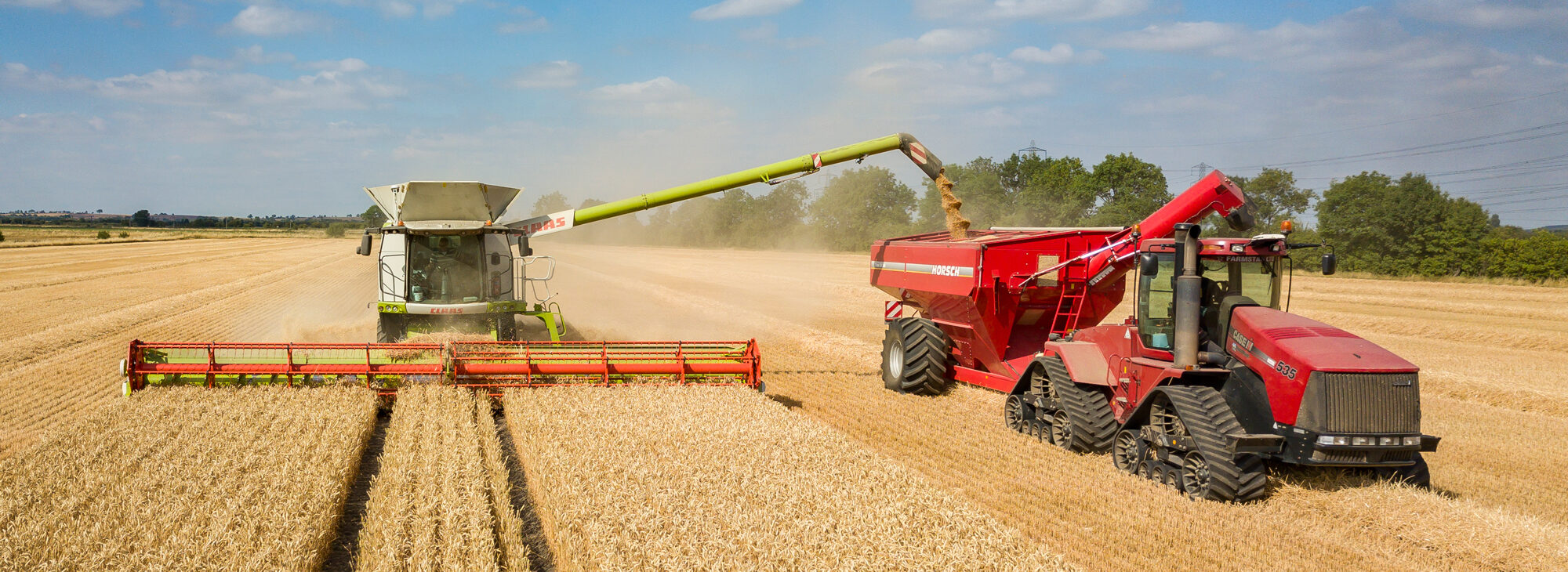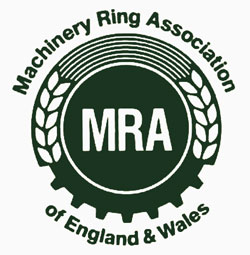
Machinery rings are member owned co-operatives that work for the benefits of their members by facilitating the most efficient and timely use of machinery and labour by one member from another. Machinery rings typically provide buying group services to their members. By aggregating the requirements of members, they can achieve significant savings and benefits on many of the inputs that agricultural and rural businesses purchase. These inputs are typically: fuels, lubricants, wearing parts, aggregates and concrete, consumables, forage and straw and training. However, each ring has its own offering which will be much broader and appropriate to its own membership. The machinery ring will act as an intermediary between members, performing the ordering, invoicing and payment role.
Machinery rings have performed a major role in Europe since the mid 20th century and in British agriculture since the early 1990’s. Regions and countries have their own unique strengths, but have much in common. They co-operate with each other and share best practice.
The English and Welsh rings have a combined membership of about and would purchase about litres of fuel per year.
Why would I join a machinery ring?
Farmers, contractors, rural businesses and input suppliers join machinery rings. Their individual requirements will vary, but typically members benefit from access to professional suppliers of agricultural and related contracting services and competitively priced inputs. They may also become a provider of services such as agricultural contracting, fuel, wearing parts, tyres, lubricants, concrete and aggregates, fertiliser, seed and workshop supplies to members.
Most members benefit from the considerable savings to made from the machinery rings buying group offerings. Most of the inputs that agricultural and rural business require will be covered. These include utilities, plant hire, training and everything that a machine, building, growing crop or animal may require.
